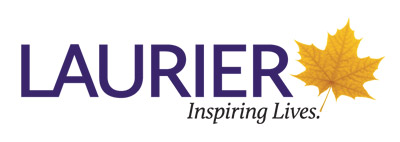Staffing and Partnership Table
This section provides a synopsis of the types of resources that might be considered in effectively supporting experiential learning in the non-profit sector.
Staffing Model
Experiential Learning & Career Development at Laurier is a centralized unit that develops, manages and supports experiential learning throughout the campus. Units include Co-operative Education, Community & Workplace Partnerships and the Career Development Centre, all of which support experiential learning in the non-profit sector through programming that includes:- Co-op work terms
- Community service-learning and workplace partnerships – weekly placements and/or projects
- Co-curricular volunteerism
This integrated model ensures breadth and depth of expertise, ease of access for community partners, consistency in programming and communication, operational efficiencies, and avoids duplication in marketing and service delivery
Partnership Table
Convening a Partnership TableConvening a partnership table between non-profit community partners, faculty and experiential learning and career development staff is an effective practice to support communication, generate new ideas, seek feedback on existing and proposed programming initiatives and create new programming models. Previous experience from the partnership table at Laurier suggests the following considerations on designing a partnership table:
- Create terms of reference outlining membership responsibilities, terms and frequency of meetings
- Include equal participation from the non-profit sector, faculty and staff and consider limiting the partnership table to no more than 12 participants
- Limit meetings to 1.5 hours each with a recommendation of meetings held no more frequently than every two weeks to accommodate busy schedules.
